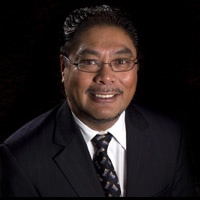Rhododendron Juvenile Law Lawyer, Oregon
Sponsored Law Firm
-
 x
x

Click For More Info:
-
Oliveros Law Group, P.C.
9200 S.E. Sunnybrook Boulevard Suite 335 Clackamas, OR 97015» view mapCriminal Defense, Divorce & Family Law 007 Law
At Oliveros Law Group P.C, our attorneys help clients understand their rights when they have been injured due to the deliberate or careless act of another person.
800-797-7891
Not enough matches for Rhododendron Juvenile Law lawyer.
Below are all Rhododendron Criminal lawyers.
Gregory P. Oliveros
✓ VERIFIED *Status is reviewed annually. For latest information visit hereDivorce & Family Law, Criminal, Accident & Injury
Gregory Paul Oliveros was born and raised in the Portland area. After graduating from the Oregon College of Education in 1973, he taught in the Portla... (more)
Kenneth Kissir
Traffic, Family Law, Juvenile Law, Municipal
Status: In Good Standing *Status is reviewed annually. For latest information visit here Licensed: 28 Years
Karen Ostrye
Employment, Family Law, Juvenile Law
Status: In Good Standing *Status is reviewed annually. For latest information visit here Licensed: 22 Years
A. V. Smith
Criminal, Juvenile Law, Personal Injury, Household Mold
Status: In Good Standing *Status is reviewed annually. For latest information visit here Licensed: 27 Years
 Gregory Oliveros Clackamas, OR
Gregory Oliveros Clackamas, OR Practice AreasExpertise
Practice AreasExpertise
